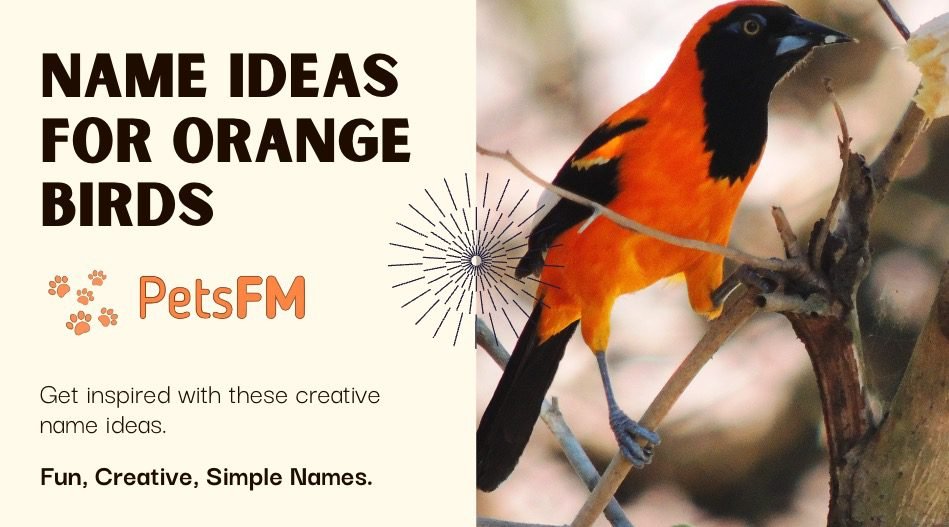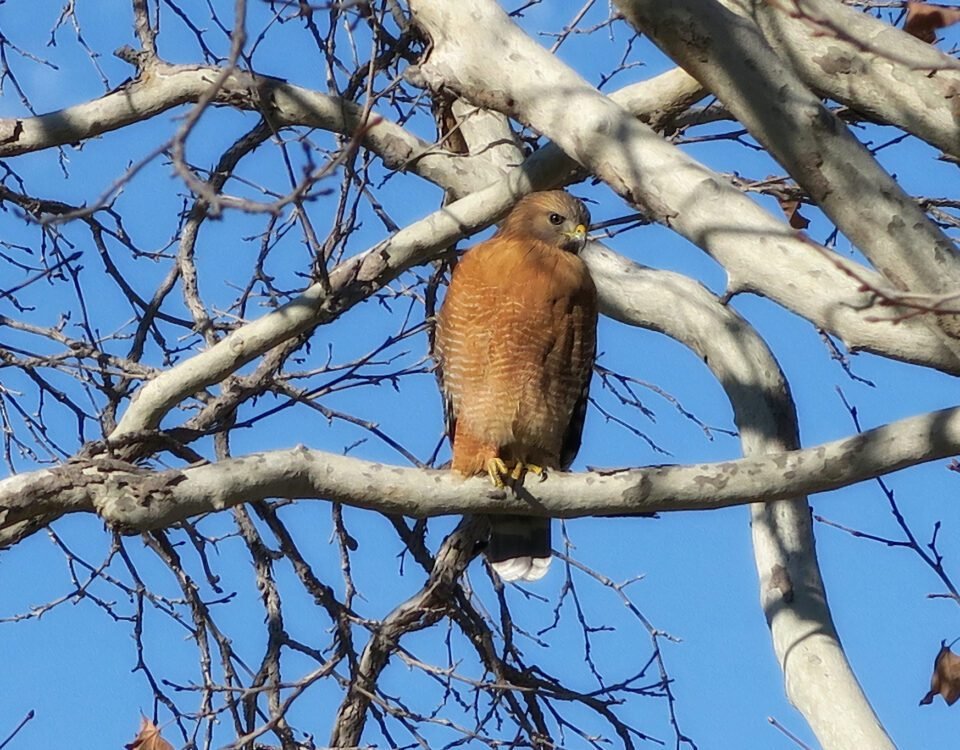


Can a Bird Pop A Hot Air Balloon? Should You Be Worried?
October 5, 2023


Can Birds See At Night? Unique Anatomy Of Bird’s Eye
October 9, 2023Watching the wild birds that grace our yards can be a delightful experience, especially when we offer them a variety of seeds and fruits. Just as with humans, not every food item that’s delectable to our palate is safe or nutritious for birds. One such food that might come to mind, considering its popularity among humans, is dates. So, the question arises: can birds eat dates? Here’s a quick answer:
Indeed, birds can consume dates. These fruits are not only safe for our feathered friends but might also become a preferred treat once they’ve tasted it. Besides being a delightful sweet snack, dates offer nutritional value that can complement a bird’s balanced diet.
In this article, we will discuss the nutritional benefits of giving dates to birds, how you can feed them, and also some risks associated with the fruit for birds.
Must Read: Are Birds Omnivores? A Look at Different Species
Can Birds Eat Dates? Is It Safe?


Dried Dates
Dates are nutritious for humans, but are they safe for birds? Yes, birds can eat dates. They’re packed with vitamins, minerals, and antioxidants beneficial for avian health. However, there are precautions to consider:
- Sugar Content: Dates are sugary. Feed them sparingly to prevent obesity and related health issues in birds.
- Date Pits: These can be a choking hazard. Always remove them before offering dates to birds.
- Contaminants: Dates might contain pesticides or other chemicals. Opt for organic varieties when possible.
In summary, while dates are perfectly safe bird treat, moderation and caution are key.
Nutritional Value For Dates
Dates are fruits loaded with nutrients, including high fiber, essential vitamins, and minerals. They provide potassium, magnesium, copper, manganese, and vitamin B6, making them a powerful source of antioxidants to help defend against cellular damage. In a 100-gram serving of dates, you’ll find:
- Calories: 277
- Carbs: 75g
- Fiber: 7g
- Protein: 2g
- Fat: 0.4g
- Potassium: 696mg
- Magnesium: 54mg
- Copper: 0.4mg
- Manganese: 0.3mg
- Vitamin B6: 0.2mg.
Carbohydrates: Dates contain ample carbohydrates, supplying birds with the energy they need.
Fibre: The high fibre content in dates aids birds in digestion.
Vitamins: Dates are packed with vitamins A, B6, and K, which are crucial for a bird’s health.
Minerals: With minerals like potassium, iron, and magnesium, dates support a bird’s heart, nervous system, and bone strength.
Antioxidants: Rich in antioxidants, dates defend against free radicals that might lead to cancer and other long-term diseases.
Health Benefits Of Dates For Birds


Health Benefits Of Dates For Birds
Dates are packed with essential nutrients and benefits for our avian friends, which are as follows:
- Rich in Antioxidants: Dates contain antioxidants that combat free radicals, which can lead to conditions like cancer and heart disease. These antioxidants also bolster the bird’s immune system.
- Nutrient-Packed: Dates blend essential vitamins, minerals, and macronutrients. They contain elements like potassium, magnesium, manganese, copper, and a hint of protein. However, it’s crucial to offer dates in moderation to avoid nutrient overdose.
- Brain Health: Dates promote brain health, potentially helping prevent certain neurodegenerative diseases. They help reduce inflammation, which is linked to various diseases.
- Natural Sweetness: As a natural sweet alternative, dates offer a healthier choice than processed sugars, reducing the risk of sugar-related health issues in birds.
What Kinds Of Dates Can You Feed To Birds?
When shopping for dates, terms like “khalal,” “rutob,” and “Tamar” might appear on the packaging. These Urdu terms indicate the ripeness stage of the dates.


Types of Dates
- Khalal Dates: Light tan with a smooth, firm texture; these dates resemble apples. They’re best offered to birds halved or diced. Avoid mixing them with dry feed due to their moisture content, which might lead to mold.
- Rutob/Tamar Dates: Typically found in stores, these dates are dark brown with a wrinkly exterior and a sweet, sticky inside. They can be given to birds as whole dates or cut into smaller portions. Additionally, mashing them with seeds to form seed balls is also an option.
- Dried Dates: Often sold pre-chopped, these dates are ideal for birds with soft, caramel-like texture. They are the sweetest variant and have minimal moisture, so they seamlessly blend into seed mixes.
Also, Read: Are Birds Herbivores? A Look at Different Bird Species
How Can You Feed Dates To Birds?
- Selecting Dates: Opt for soft and flexible dates as they are nutritionally richer. Steer clear of overly hard or dried ones.
- Preparation: Wash the dates thoroughly in cool water. Remove pits or stones and chop the dates into bird-friendly sizes.
- Serving Method: Position the date pieces in a bird feeder or on a platform. Alternatively, you can sprinkle them on the ground or another flat area.
- Observation: Watch the birds to ensure they are consuming the dates. If they appear hesitant, consider presenting the dates differently.
- Maintenance: Regularly clean out any uneaten date fragments to deter unwanted pests.
Considerations When Offering Dates to Birds
While dates are a favored treat due to their sweetness and nutritional value, there are some potential concerns to be aware of before feeding them to birds.
- Choking Hazards: Date seeds can pose a choking risk. These seeds are sizable and rigid, potentially causing bird blockage or other health complications. Always de-seed dates before feeding.
- Digestive Sensitivities: Overfeeding dates might upset a bird’s digestion, leading to symptoms like diarrhea or vomiting. Their high fiber content might also be challenging for some birds to process.
- Allergy Possibility: Rarely, birds might show allergic reactions to dates, manifesting as itchiness, swelling, or breathing difficulties. If these symptoms are observed, promptly seek veterinary assistance.
- Sugar Intake: While appealing, the natural sugars in dates can be detrimental when consumed excessively. Overindulgence can lead to health issues such as obesity or diabetes in birds.
- Chemical Residue: Always choose high-quality, fresh dates for feeding. Those treated with pesticides or containing chemical residues can harm birds. If possible, opt for organic varieties.
Conclusion
In summary, when offered thoughtfully, dates can serve as a beneficial treat for birds. It’s essential to provide them in moderation, eliminate the seeds, prioritize freshness and quality, and watch for adverse reactions. With these precautions, birds can safely enjoy dates while maintaining their health and well-being.



